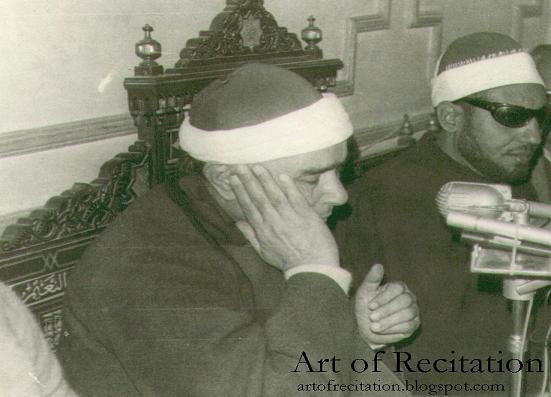
When it comes to understanding Maqamat the context of what is written here is about vocal Maqam. The human voice is much more important than any instrument. The musician needs to think how to make the sound on an instrument whereas a singer can spontaneously make the sound without a need for tuning.
The Maqamat are 7 in their roots or foundations. Each Maqam is said to be a street or a way. Each Maqam also has its branches or derivations and examples of this will be given later.
Example Lessons on Maqamat
In order to understand the Maqamat, it is necessary to know the scales of Arabic Music first. Here is a quick overview of the 'darajaat'or 'scales' :
Maqam Bayati - maqam used for gentleness, light joy, vitality,
Maqam Rast - masculine, power, soundness of mind,
Maqam Rast - Jawab (High Tone)
Maqam Saba - literally in Arabic, baby boy; used for sadness, tragic, lamenting, pain
Maqam Hujaz - which is named after a region in arabia; distant longing, desert, solemn,invocation
Maqam Nahawand - named after a city in Iran, resolution, seriousness, discourse
Maqam Nahawand- Jawab (High Tone)
Maqam Seeka - from the Persian for "third place", serious, love
Maqam Jiharkah -
Maqam Ajam - named after the Arabic word for "Iranian", is used to mark happy occasions such as holidays, weddings, and other joyous occasions
Art of Recitation Site Pages:
-
▼
2007
(13)
- ► February 2007 (8)
- ▼ March 2007 (2)
- ► September 2007 (2)
Friday, March 2, 2007
Maqamat - Arabic Musical Modes
Posted by
A Reciter
at
4:46 PM
![]()
Ethics for the Recitation and Listening of the Qur'an
I wanted to post some information that has been gathered about the ethics or behavior that is expected when one is reciting and listening the Holy Book.
First about Reciting.
Imam al Ghazali has pointed out vital actions that a person should adhere to when he recites the Qur'an:
First about Reciting.
Imam al Ghazali has pointed out vital actions that a person should adhere to when he recites the Qur'an:
- Understanding the glorification of the literal words of Allah. (Be aware of what he is saying)
- Glorify the speaker (of the Qur'an)
- Being aware of and abandoning any inner thoughts or calls that are made by the self or other
- Thinking and pondering over the subject of the ayat being recited
- Knowing the meaning of the ayat being recited
- Avoiding the following: Too much concentration on the pronunciation of the letters to the detriment of understanding the ayat. Blind imitation of a school of thought ;Persistence in sin because of pride and slavery of passion
- Considering every part of the Qur'an being read is meant personally for the recite
- Developing internal feelings hope and grief/fear of the message being recited from the Qur'an.
- Creating the impression that the reciter is hearing te literal words of Allah from Allah and not from himself.
- Avoiding any sense of reciter's ability and power by looking at himself with a feeling of satisfaction or purity above the words being recited.
Posted by
A Reciter
at
2:43 PM
![]()
Subscribe to:
Comments (Atom)


